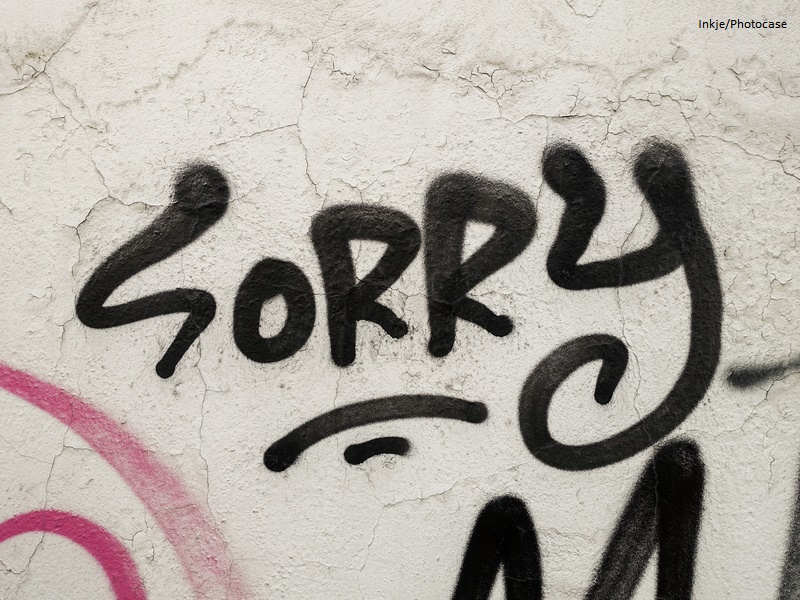It’s Never Too Late to Say “I’m Sorry”
Gaye Carleton/September 17, 2019/PR
When it comes to saying “I’m sorry,” sooner is always better, particularly in the PR world. But just because 50 years may have passed since a regrettable incident, statement or stance occurred, it doesn’t mean an apology still isn’t necessary.
On June 6, 2019, James O’Neill, New York’s police commissioner apologized on behalf of the city’s police department for the horrendous actions of officers during the now infamous 1969 clash with customers outside a West Village gay bar. Ultimately, the Stonewall Riots became the tipping point for the modern gay rights movement, but the LGBTQ+ community had never received an apology for the series of oppressive and violent raids that June five decades ago.
Until now.
As the adage goes, “’sorry’ doesn’t fix the broken lamp,” but it is an acknowledgment of wrongdoing and demonstrates taking responsibility. An apology, even after 50 years, is a powerful thing. It can restore trust, be viewed as a sign of respect and pave the way for moving forward together instead of separately.
Whether handling a PR crisis or a personal one, saying “I’m sorry” is still the hardest phrase to utter for companies and individuals alike. No one *wants* to admit they were wrong, but that’s exactly the reason an apology can be so restorative.
That is if it’s sincere.
To that end, be sure your mea culpa is personal and heartfelt as opposed to it sounding like it was crafted by your publicist, attorney or speechwriter to be read from a teleprompter far from the madding crowd.
Never make excuses for the mistake. Just own it. After all, that’s what an apology is all about.
Be clear, concise and direct. An apology should never be complicated. It doesn’t need compound sentences, 50-cent words or to take a circuitous route.
Make the commitment not to let the same misstep happen again and describe what action is to be taken to ensure that. In other words, “I’m sorry this happened and here’s what we are doing to safeguard it from ever happening again.”
And finally, don’t wait 50 years – like the NYPD – to say those two powerful words. A fast apology is the best apology and the swiftest way to move beyond a gaffe – large or small.




